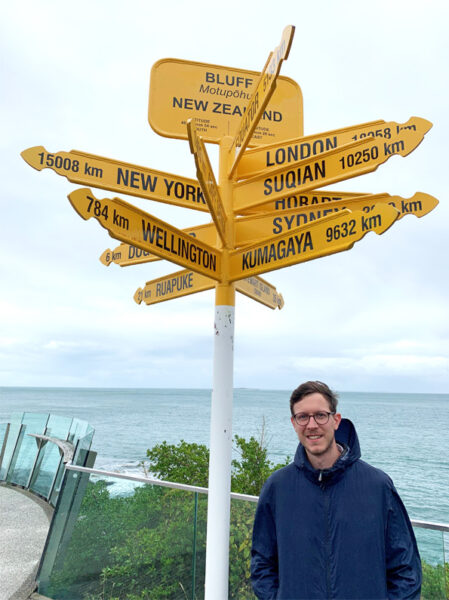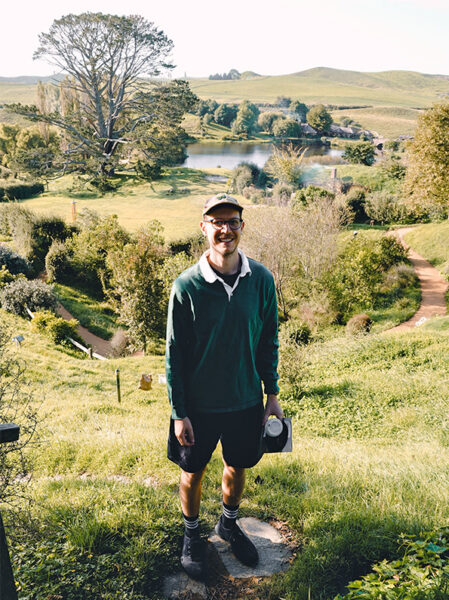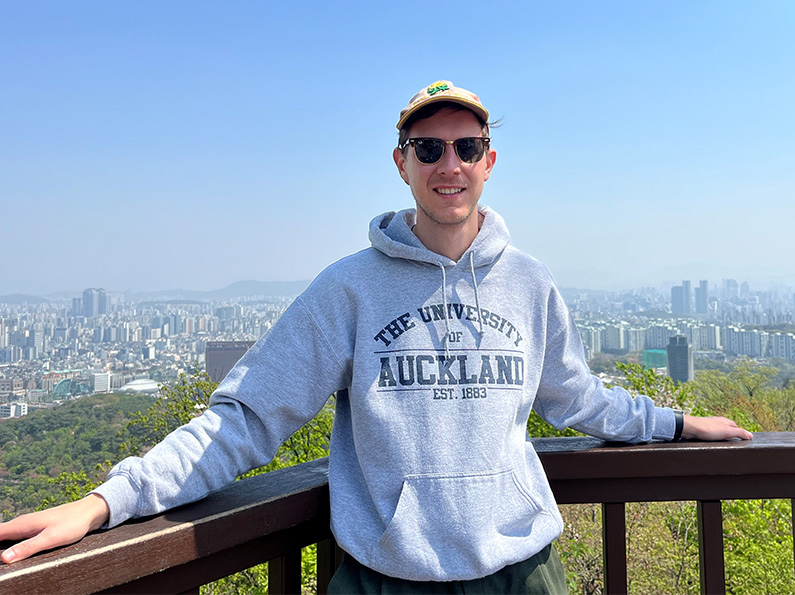There’s nothing like stepping off a plane, landing your feet on foreign land and going exploring. The chosen holiday for Tobias Oellinger, an adventurous student studying medicine in Berlin, Germany, was to jump on the opportunity to dip his toes into something a little more removed from the likes of beaches and hot pools. Instead, he opted for the healthcare landscape in Aotearoa New Zealand. Away from familiar surroundings of his home back in Germany, he landed here on the Mobile Surgical Unit – Te Waka Hauora, donned his scrubs, got stuck in, learnt as much as he could and left the country as a new version of himself. We followed his journey to see why his desire to have an impact on the health industry is stronger than ever.
Tobias heard about the Mobile Surgical Unit – Te Waka Hauora and its impact in rural communities through a family friend who had also completed an internship on the surgical unit a few years prior. This word-of-mouth experience steered Tobias to get in touch with Mobile Surgical directly to organise an internship, and it was as simple as booking a return flight and the rest was taken care of by our staff.
When asked ‘What did you know about New Zealand’s healthcare system prior to coming to NZ?’ He says his mum used to work in the Tauranga hospital as a psychiatrist for a few years. “I think you can only get a good insight into how the system works when you are in it yourself, either working or as a patient. Therefore, the only real encounter I had with the New Zealand healthcare system prior to this trip was when I broke my finger and needed surgery when I was 13.”
In the four weeks he was on the surgical unit, his journey had taken him to all corners of the country, from Whangarei and Napier to Rangiora, Gore, Queenstown and Motueka. Thanks to the range of services the surgical unit provides, and the nature of theatre work, he was able to turn his hand to a multitude of roles, from assisting the nurses set up the theatre, lending a hand in cleaning after treatments and assisting anaesthetists and surgeons in a variety of capacities.
 One of the great things about completing work experience on the surgical unit is learning some of the basic skills every medical trainee doctor should know; honing these skills can be a life saver. Tobias spent a lot of time working alongside anaesthetists and learnt about intubation, ventilation and extubation of patients, as well as monitoring patients during anaesthesia. Specifically, he found that properly ventilating a patient was most useful.
One of the great things about completing work experience on the surgical unit is learning some of the basic skills every medical trainee doctor should know; honing these skills can be a life saver. Tobias spent a lot of time working alongside anaesthetists and learnt about intubation, ventilation and extubation of patients, as well as monitoring patients during anaesthesia. Specifically, he found that properly ventilating a patient was most useful.
During his internship, Tobias recognised the complex factors that contribute to disparities in healthcare access and outcomes, particularly for those living rurally. “It was interesting to see and understand what the ‘problems’ within the health care system are for those communities that are a bit further away from the main hospitals. I enjoyed talking to the doctors, nurses and patients to understand their wants and needs when working in rural areas. It is a different kind of work and way of thinking compared to working in a big hospital, as you don’t always have the newest technology available or a specialist to assist you with a patient. I think this aspect taught me a few things both personally and professionally.”
He compares his hometown of Berlin, where there is one of the largest and modern hospitals in Europe, to rural settings in New Zealand where modern resources are not always easily accessible. “You need to think and react differently to certain situations. This also means that there is a massive gap in the quality of care people receive.”
“I think the surgical unit is one of a kind in the world. The whole idea of driving to communities who don’t have access to the healthcare system as most people in cities have, is very unique and fascinating. This experience definitely helped me understand and appreciate some of the challenges rural communities face.”
“I am thinking about moving back to New Zealand and work there as a doctor, so this experience has given me a good first insight into the New Zealand health care system.”
 Witnessing firsthand how the healthcare system works, he envisioned how telemedicine would also offer a great advantage to patients to overcome barriers, such as geographical distance and limited access to healthcare facilities. He says it would have a huge positive impact on the improvement of healthcare services. “That way you don’t necessarily need a specialist everywhere and can get a proper diagnosis and treatment from afar.” Telehealth has been around for a number of years and is seen as a great way to reach patients who normally wouldn’t be seen by a specialist for long periods of time.
Witnessing firsthand how the healthcare system works, he envisioned how telemedicine would also offer a great advantage to patients to overcome barriers, such as geographical distance and limited access to healthcare facilities. He says it would have a huge positive impact on the improvement of healthcare services. “That way you don’t necessarily need a specialist everywhere and can get a proper diagnosis and treatment from afar.” Telehealth has been around for a number of years and is seen as a great way to reach patients who normally wouldn’t be seen by a specialist for long periods of time.
Tobias is savouring where he’s been and anticipating where he’ll go once he’s a qualified medical professional. Maybe it’s to stay in his local hometown of Berlin and maybe it’s to rekindle his ties to New Zealand and dip his toes once again. Whatever he sets his sights on, his skillset has been sharpened, and he is determined to be part of the healthcare solution whether he is standing on his own soil or across the border.
Mobile Health Group – the umbrella company of Mobile Surgical, Mobile Medical, Mobile Imaging and My Health Hub.
(Pictured top – Tobias in Seoul, Korea, where he did a stopover after the internship in New Zealand before heading back to Europe. (Middle right): Tobias standing next to the famous signpost at Stirling Point, Bluff. (Bottom left): Tobias visiting Hobbiton.

